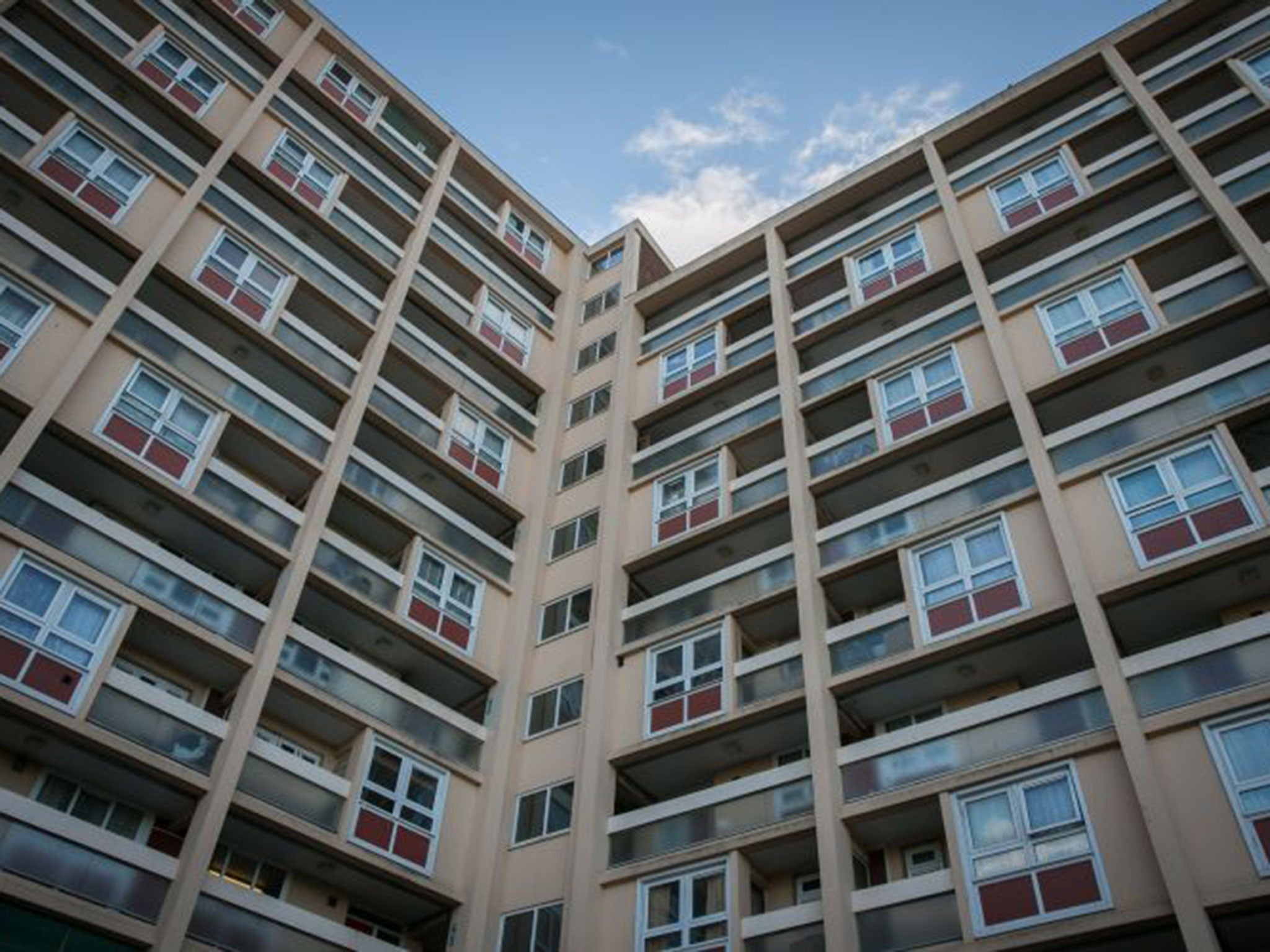Your support helps us to tell the story
From reproductive rights to climate change to Big Tech, The Independent is on the ground when the story is developing. Whether it's investigating the financials of Elon Musk's pro-Trump PAC or producing our latest documentary, 'The A Word', which shines a light on the American women fighting for reproductive rights, we know how important it is to parse out the facts from the messaging.
At such a critical moment in US history, we need reporters on the ground. Your donation allows us to keep sending journalists to speak to both sides of the story.
The Independent is trusted by Americans across the entire political spectrum. And unlike many other quality news outlets, we choose not to lock Americans out of our reporting and analysis with paywalls. We believe quality journalism should be available to everyone, paid for by those who can afford it.
Your support makes all the difference.The Government has been defeated in the House of Lords on its plans to charge higher-earning council tenants a surcharge on rents.
Peers passed an amendment to the so-called “Pay To Stay” proposals by 240 to 176.
The changes to the Government’s Housing Bill would make the higher charges voluntary for councils to implement.
Under the policy families earning more than £40,000 a year in London, or £30,000 elsewhere would have to pay the local market private sector rate.
Lord Best, an independent crossbench peer, suggested the policy in the form proposed by the Government could be seen as “vindictive” against successful council tenants and said “virtually all” councils would likely choose not to implement it.
“The extra payment by the tenant is not rent since it does not relate to the property and the landlord does not receive it,” he argued in a speech after the amendment passed.
“It is a payment that goes to the exchequer based on one’s income and that is normally called a tax.
“I don’t believe anyone wants vindictively to tax successful council tenants just for the sake of it.
“In the light of the amendment we have just passed, if accepted by the other place councils will be able to opt out of this duty to collect this housing tax for the exchequer – my guess is that unless … local authorities can keep the monies they raise and apply them to housing purposes, virtually all councils will opt out, if this amendment survives.”
Baroness Williams of Trafford said the amendments were “basically wrecking amendments” designed to destroy the policy and said the Government would not accept a voluntary approach.
“The policy must remain mandatory,” she said. “We are clear that it should be applied consistently by local authorities.”
She added that the Government was "in listening mode" and suggested changes could be made to the scheme in special circumstances.
The money will be sent back to the Treasury to help with deficit reduction rather than go to councils to invest in housing, however.
The Bill will now return to the House of Commons, where MPs will consider the Government’s amendments.
Peers have previously made amendments to other parts of the Government's Housing Bill, including on starter home and the sale of high-value council houses.

Join our commenting forum
Join thought-provoking conversations, follow other Independent readers and see their replies
Comments